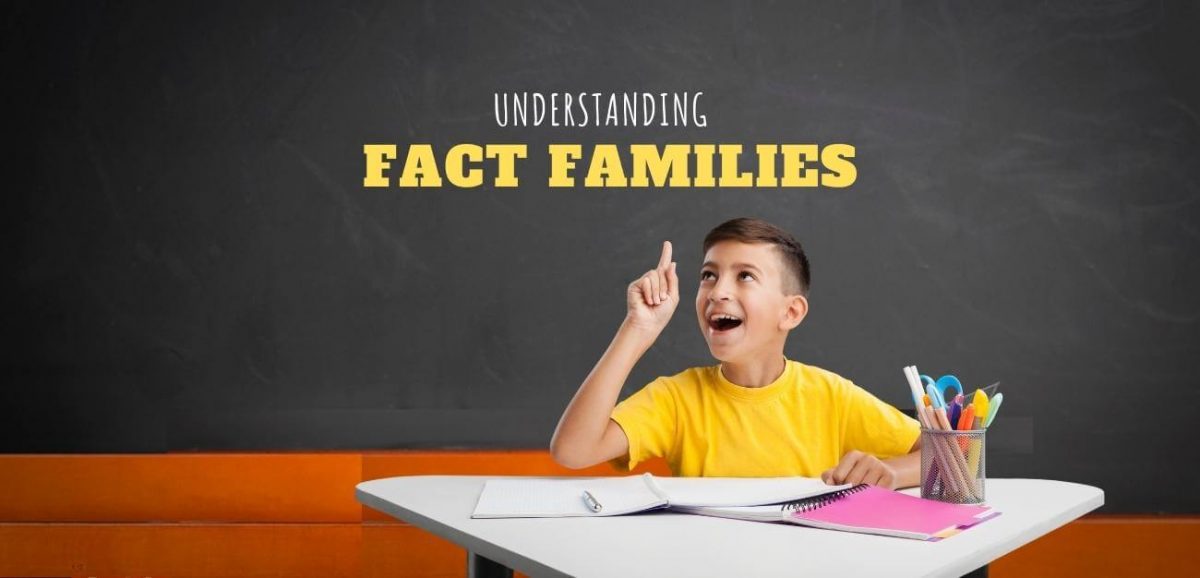Do you struggle to have meaningful conversations with your children about math? Of course, we want our kids to understand and remember their math lessons, but that’s not the only goal. Communicating honestly and openly during conversations about complex topics like mathematics can help create deeper connections between parents and children while building self-confidence and […]











